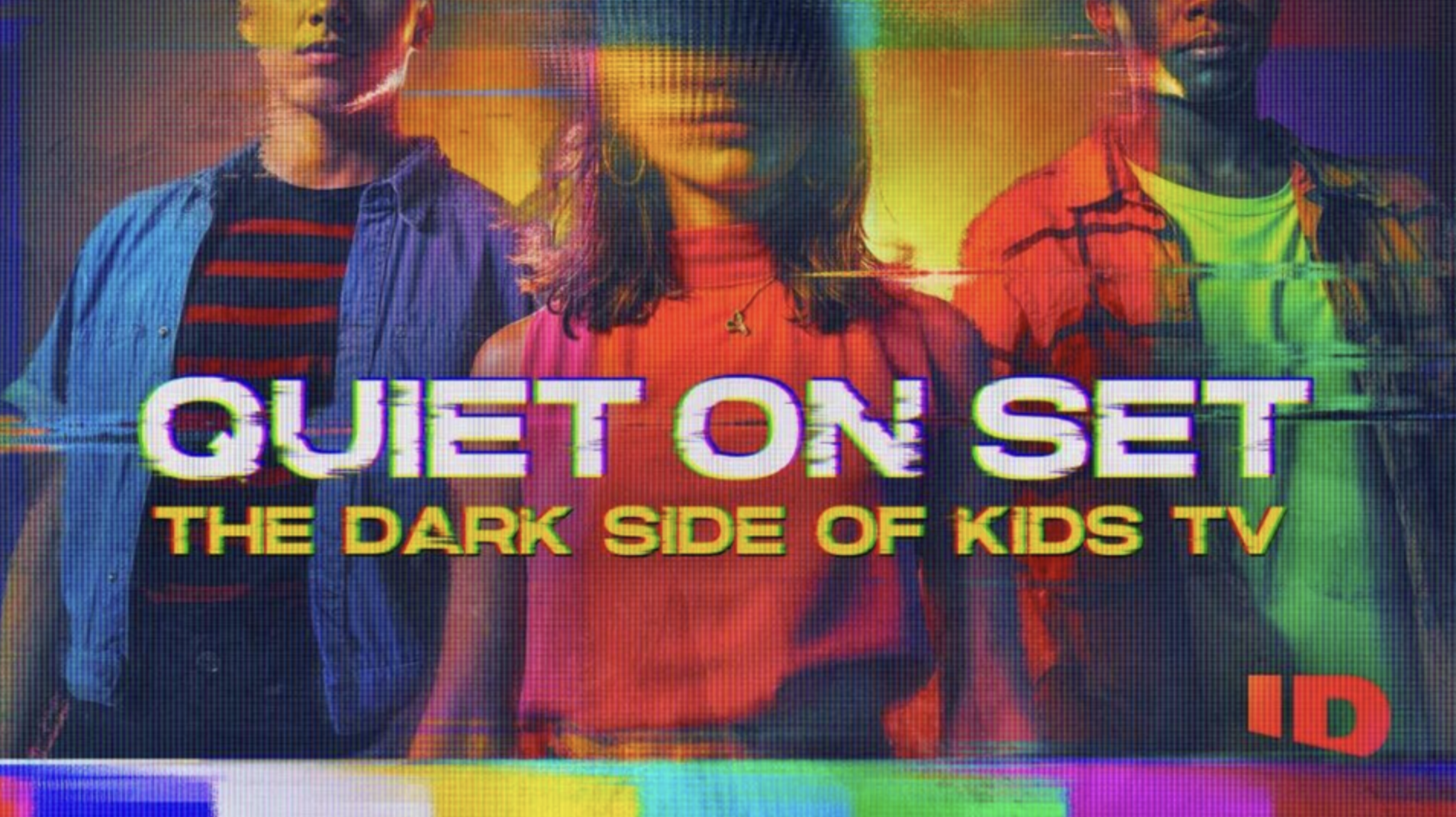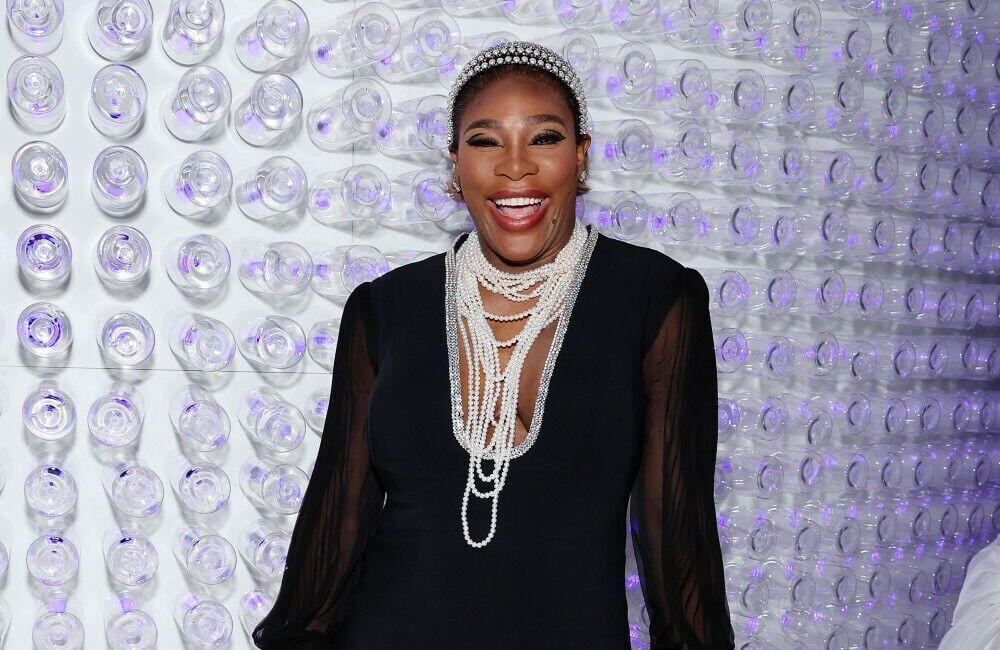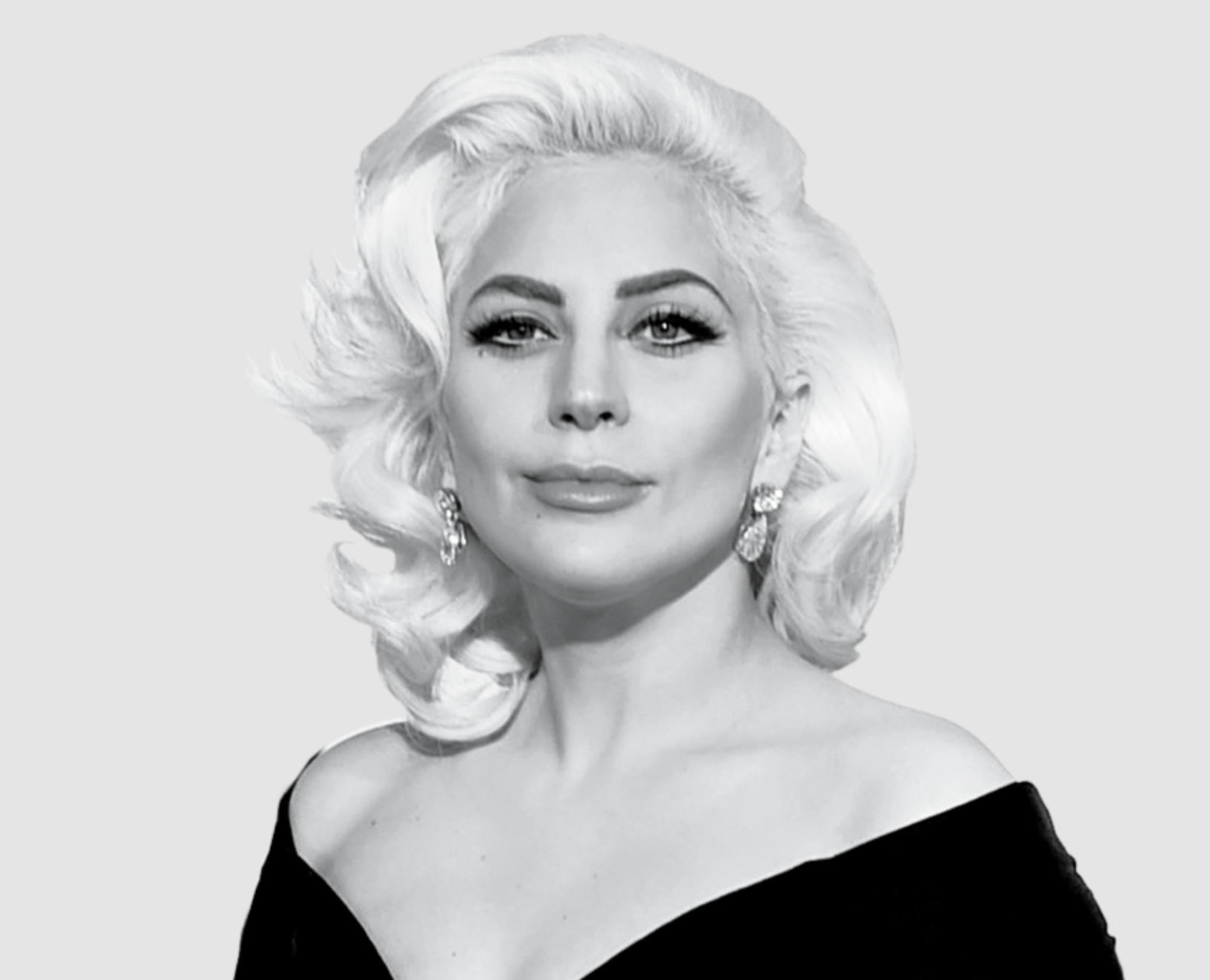Silence on the Set: Former Nickelodeon Young Stars Speak Out on Abuse and Unhealthy Work Environment
A four-part documentary series examines accusations related to Dan Schneider during his tenure at the network, focusing on the period when popular shows like The Amanda Show, iCarly, and Drake & Josh were broadcast.

Despite an era of unprecedented scrutiny following the exposure of sexual predators like Harvey Weinstein and Bill Cosby, and amidst the #MeToo movement and revelations prompted by the Adult Survivors Act, Hollywood still manages to astonish with its scandals. This week, a new controversy has rocked the entertainment capital, casting a shadow over Nickelodeon, a leading network in children’s television.
The center of this storm was a four-part documentary titled Quiet on Set: The Dark Side of Kids TV, which aired over two nights on the Investigation Discovery network.
The series unveiled unsettling truths, dispelling any myths that the world of children’s TV production was purely benign. It highlighted the deep-rooted, harmful culture within the industry, detailing the sexual and psychological abuse endured by young actors in the 1990s and early 2000s, along with the prevailing misogyny and racism among the adult figures in power.
Central to the controversy was Dan Schneider, once celebrated as the “Norman Lear of children’s television” for his role in creating beloved shows like iCarly, Drake & Josh, Zoey 101, and Victorious, until his career took a downturn in 2018 following initial allegations.

Six years post his dismissal, coinciding with the documentary’s release, Schneider delivered a remorseful apology via YouTube on Tuesday. He expressed regret for any offense caused during his twenty-five-year reign as Nickelodeon’s leading figure in children’s programming, committing to personal improvement.
For those affected, some of whom were victims of on-set pedophilia leading to enduring issues such as anxiety, depression, alcoholism, or severe mental distress, Schneider’s apology is seen as insufficient. They demand meaningful reform and accountability within an industry historically negligent of such abuses.
Scaachi Koul, a noted culture journalist and advisor on Quiet on Set, emphasized the necessity for industry-wide change, especially given that the networks and people scrutinized in the documentary continue to operate similarly. Koul advocates for a significant overhaul in Nickelodeon’s operations, hoping for a reassessment in the hiring and treatment of young actors, rather than expecting a cessation of the programming altogether.
Many individuals implicated in this narrative need to reflect on their actions or inactions. When children are involved, the demand for accountability should be relentless and ongoing until it is fully realized.
This documentary isn’t the first to scrutinize Schneider’s inappropriate intimacy with young actors, like Amanda Bynes, who was recorded in a hot tub with him at the age of 13 and wearing a bikini, or the problematic sexual undertones of the jokes he made children act out.
Scenes involving Grande, at roughly the same age, have also previously come under scrutiny, including one that had her attempting to squeeze juice from a potato she was fondling. What Quiet on Set achieves is pulling together fragmented episodes and anecdotes from a dark period during which Schneider reigned supreme. It’s a comprehensive account of his failures, and those of others, which allowed exploitation and abuse of children to flourish.
One segment recounts Drake Bell’s experience, the former child actor from The Amanda Show and Drake & Josh, who disclosed himself as a victim of Brian Peck, a dialogue coach convicted of child sexual abuse in 2004 and sentenced to 16 months in jail.
Now 37, Bell shared his story of being groomed by Peck during his time on The Amanda Show, a situation that remained undetected until significant damage had been done. Bell attributes his subsequent struggles with alcoholism, financial ruin, and a legal conviction for endangering a child to the lasting effects of this trauma.
Peck was not the only one involved in sexual offenses. The docuseries also highlights Jason Handy, a production assistant on All That and The Amanda Show, who was sentenced to six years in 2004 for molesting two girls.
Another case involved Ezel Channel, a Nickelodeon animator, who was imprisoned for over seven years following a 2009 conviction for sexually abusing teenage boys at the studio.
Beyond Bell, numerous ex-child actors shared their ordeals in the series. Bryan Hearne, an African American actor from All That, recounted being subjected to racial abuse and then terminated when his mother intervened; Giovannie Samuels described being labeled “the token Black girl” on set; and Alexa Nikolas, known from Zoey 101, appeared in the documentary and subsequently broadcast her extensive reaction to Schneider’s apology online.
Nikolas criticized the apology, stating, “That wasn’t proper accountability. That was him avoiding the major issues raised in Quiet on Set, seeking sympathy, and portraying himself as the victim.”



